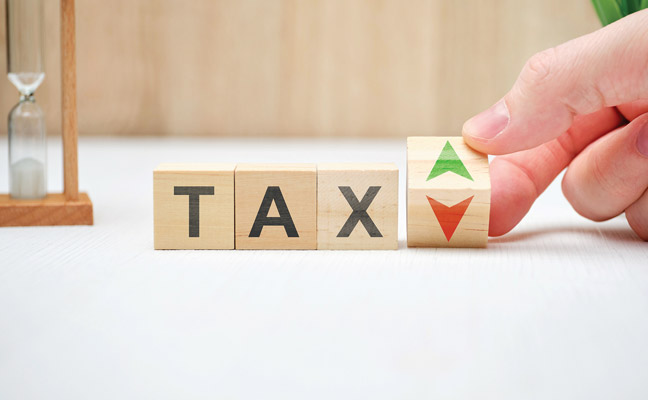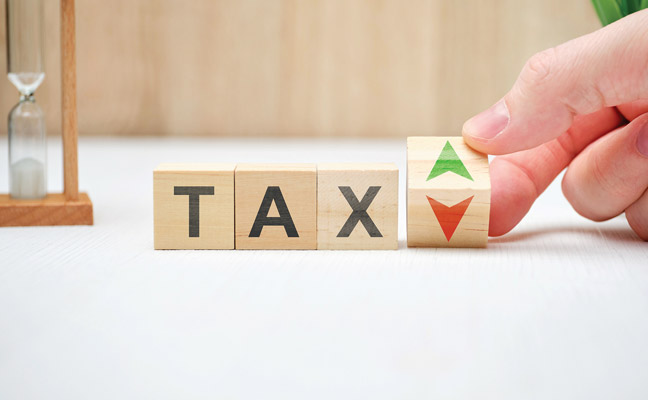
COVID-19 has forced the government’s hand in raising taxes to keep our economy in motion. PHOTO: GESREY/ISTOCK / GETTY IMAGES PLUS/GETTY IMAGES
With the government pumping trillions of dollars into the economy to deal with COVID-19, who do we think will pay for it? Without getting political here, we all will — through increased taxes. It doesn’t matter who wins the election in November, taxes are going up. What do we do in a rising tax environment? How do we plan?
As the saying goes, the only two certainties in life are death and taxes. Conventional wisdom tells us to defer both for as long as possible.
But over the past couple of decades, the individual tax rate has trended downward. Deferring taxes in an environment where rates are either remaining constant or falling makes sense. At the minimum, you hold on to your money longer, capitalizing on the time value of the money. If rates fall, the deferral lets you take advantage of the lower rate when you recognize the income for tax purposes.
INEVITABLE INCREASE
Is this type of wisdom relevant when taxes are rising? The answer is no. Deferring taxes is not a good strategy in periods of rising rates.
Let’s look at an example: Assume you can make a profit of $100 on a job you have a choice to do in 2020 or 2021. Let’s also assume you are in a 32 percent marginal tax bracket. Let’s assume this marginal rate goes up to 37 percent in 2021. That would mean you’ll pay an additional $5 in taxes in 2021. In this case, it would make sense to do that job in 2020 and not defer it until 2021.
MAKE A DECISION
Effective tax planning is really a business decision predicated on two factors:
- Do we want to minimize our taxes?
- If minimizing our taxes means paying taxes sooner rather than later, do we have the funds to pay the taxes currently?
Here are two tax planning ideas that are relevant in a rising tax environment:
1. Do not defer income. If you’re planning a large bird control job or some other big-ticket service, you’re better off performing that job sooner rather than later if you’re expecting the tax rates to rise. If you’re a cash-basis taxpayer, you will need to be paid before the rate increase date.
2. Defer expenses. Where you have the option of deferring an expense into the period where tax rates are rising, you should consider this. Deferring expenses has the exact opposite effect as deferring income, meaning if those expenses are taken when tax rates are higher, you’ll shield more of your income from taxes.
Winter is usually when we start to think about taxes. This year, we should think about the future tax-increase environment that seems inevitable in this country.
GORDON owns PCO Bookkeepers, an accounting and consulting firm that caters to pest management professionals throughout the United States. He can be reached at [email protected].

